How We Treat Anxiety Disorder
At Wiser Behavior, our approach to treating anxiety disorder is multifaceted and personalized. We believe in addressing the root causes of anxiety while equipping our clients with effective coping strategies. Our team employs a combination of cognitive-behavioral therapy (CBT), mindfulness-based stress reduction (MBSR), and, if necessary, medication management. CBT helps individuals identify and challenge distorted thought patterns that contribute to their anxiety, while MBSR teaches them to stay present and engaged in their lives without being overwhelmed by future worries or past regrets. For those who require additional support, we collaborate closely with healthcare providers to manage any prescribed medications that can aid in alleviating symptoms of anxiety. Our ultimate goal is to empower every client with the tools they need for long-term resilience and well-being.




